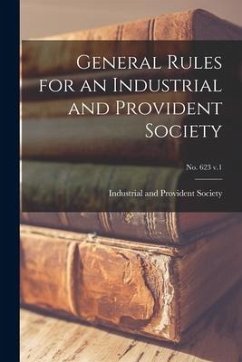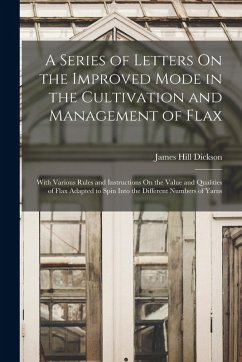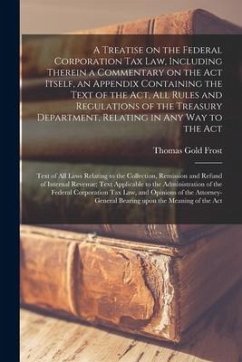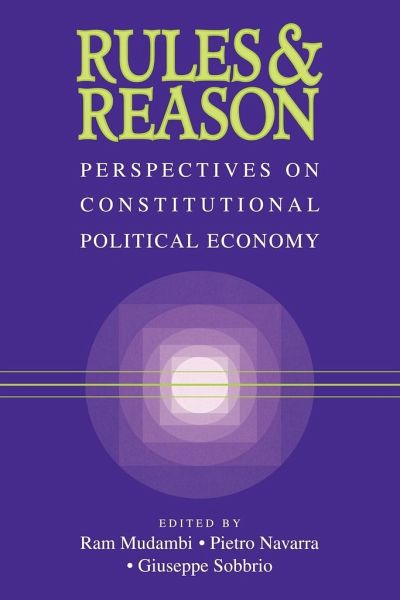
Rules and Reason
Perspectives on Constitutional Political Economy
Herausgeber: Mudambi, Ram; Sobbrio, Giuseppe; Navarra, Pietro
Versandkostenfrei!
Versandfertig in 1-2 Wochen
36,99 €
inkl. MwSt.

PAYBACK Punkte
18 °P sammeln!
Polarization in Western democracies and the collapse of centrally planned economies have led to calls for a redefinition of the state's core functions. This volume explores shifting conceptions of constitutional political economy anchoring the state from the viewpoints of theory, systems, and applications. It suggests why changes may be desirable and how these might be implemented. Part I addresses the writing of constitutions, the dynamic between constitutional order and civil society, the struggle between competitive and protectionist interests, the conflict between protecting expectations a...
Polarization in Western democracies and the collapse of centrally planned economies have led to calls for a redefinition of the state's core functions. This volume explores shifting conceptions of constitutional political economy anchoring the state from the viewpoints of theory, systems, and applications. It suggests why changes may be desirable and how these might be implemented. Part I addresses the writing of constitutions, the dynamic between constitutional order and civil society, the struggle between competitive and protectionist interests, the conflict between protecting expectations and moral evolution, and the role of cultural explanations of constitutional development patterns. Part II explores the interplay between electoral systems and constitutional engineering, the internal costs of political coalitions, and campaigns in pluralistic elections. Part III investigates the quest for stable, dynamic federal states with particular attention to opportunities and pitfalls in Europe. With a foreword and contributions from Nobel Laureate James M. Buchanan.





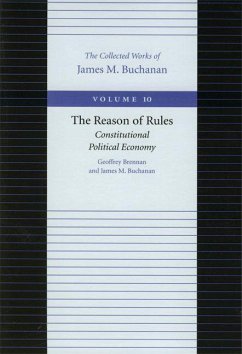

![Rules and Regulations of the Industrial House of Refuge, for Females [microform]: Instituted A.D. 1853, and Supported by Voluntary Contributions Cover Rules and Regulations of the Industrial House of Refuge, for Females [microform]: Instituted A.D. 1853, and Supported by Voluntary Contributions](https://bilder.buecher.de/produkte/66/66186/66186973n.jpg)
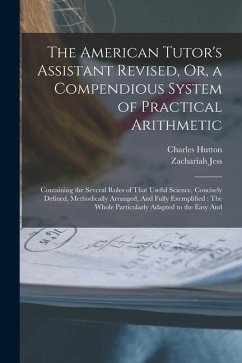

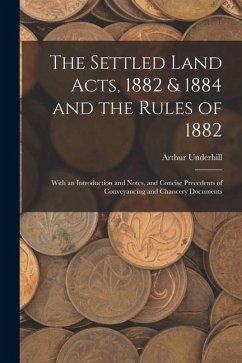
![Useful Hints to Storekeepers and Salesmen, With Business Rules and Mottoes, Also Ideas for Advertising and Window Dressing, &c. [microform] Cover Useful Hints to Storekeepers and Salesmen, With Business Rules and Mottoes, Also Ideas for Advertising and Window Dressing, &c. [microform]](https://bilder.buecher.de/produkte/66/66192/66192611n.jpg)
